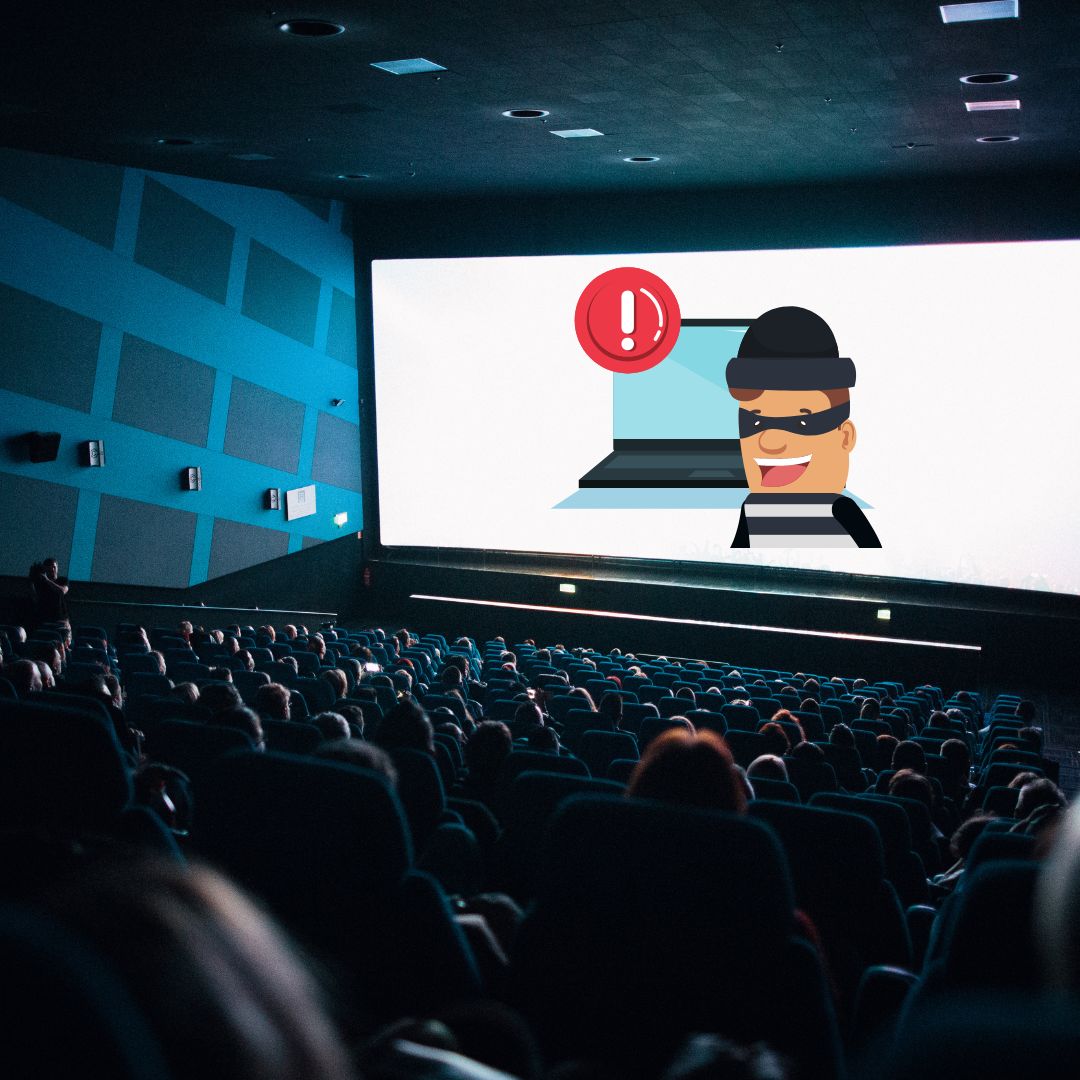Wooden Spoon: Blog

Movies About Identity Theft Your Employees Should Watch
Identity theft is a serious issue that has become more and more prevalent in recent years thanks to the internet. With more personal information saved in the cloud, entered into websites, and transmitted across the internet, thieves have become easier and easier to steal someone’s identity. However, even those who avoid online shopping and limit their online information can still be subject to identity theft. All it takes is some basic information; someone can pretend to be you.
When identity theft occurs on a personal level, it’s often for financial benefit. The thief wants to impersonate you while making purchases, often online, with your bank account or credit card. However, identity theft can extend into corporate espionage and hacking. Cyberterrorists can steal a person’s identity, access their email or company login credentials, and use those methods to infiltrate your network to steal more data, plant viruses, or do other malicious things.
Learning about identity theft and how to avoid it is vital for your employees. You want to protect your company data, of course, but you also want your employees to be protected. While providing identity protection training should be a part of your basic cybersecurity onboarding process and continuing education training, there are a few other ways to help employees realize how serious identity theft is. One method is to suggest they watch some of the most popular movies about this crime. Here are some popular movies that focus on identity theft.
The Net
The Net was released in 1995, so it pre-dates the modern-day concept of identity theft. Sandra Bullock plays Angela, a character who comes into possession of a floppy disk (something many Millennials and Zoomers may have never seen!) with a program on it that would allow the user to access Gatekeeper, a computer security program. Anyone with the program would have full access to any company using Gatekeeper. Most people in her place would contact the company behind the security software or something. Still, Angela, after the co-worker who gave her the disk dies under mysterious circumstances, instead decides to go on vacation.
Multiple events happen, and Angela ends up unconscious in the hospital. This is where the identity theft comes into play. She wakes up to find that her entire identity hasn’t just been stolen; it’s been erased. Someone has checked her out of her hotel, returned her rental car, put her house on the market, and even reassigned her social security number to someone else. Worse, when she calls her office, she talks directly to an imposter and is told her life will never be hers again unless she returns the disk, which by this point has been destroyed.
The rest of the movie involves Angela teaming up with others to combat a group of cyber terrorists, a major software company, and the FBI. While it was made in the mid-90s, there’s a lot in The Net that wasn’t commonplace then. Cyberterrorism, for example, wasn’t even a household term at the time. Employees who watch this movie will see what is a fictional version of identity theft (typically, no one’s identities are entirely erased, and the film relies on some very convenient reasons as to why no one can vouch for Angela’s identity). However, it’s still a good look at how serious cybersecurity is. The movie was followed by The Net 2.0 and a television series exploring cybersecurity, cyberterrorism, and identity theft themes. However, Sandra Bollock did not return for either, and neither was as well-received as the original film.
Identity Theft
Identity Theft, as one would expect, focuses entirely on someone who has their identity stolen. It was a TV movie premiere on Lifetime in 2004, so it’s not a film many people are familiar with. It is based on the true story of a woman named Michelle Brown, and her identity was stolen when she applied for a mortgage to buy her first home.
This film perfectly shows how someone’s identity can be stolen without the internet being involved. Instead, an employee at the mortgage company copies Michelle’s information off her application, including her social security number and credit card information. The employee then goes on a shopping spree. Eventually, Michelle receives the bill for all of this spending.
This is where the movie takes a bit of artistic license with identity theft. Instead of being arrested, Connie, the employee who stole Michelle’s information, moves to another state, gets a driver’s license with Michelle’s name and report on it, and even gets an apartment in her name. In a twist similar to Al Capone being arrested for tax fraud, Connie is eventually arrested for dealing drugs and skipping out on bail. Unfortunately for Michelle, Connie was arrested as Michelle, so she is detained in another state. Once the misunderstanding is cleared up, Michelle is released, and Connie is sentenced to a mere two years in jail.
Two years in jail may seem minor, but the U.S. didn’t really have strict identity theft laws at the time. Michelle Brown’s story, which again is true and did happen, was one of the driving forces behind introducing legislation that increased penalties for identity theft.
Identity Theft is a great movie to show your employees to help them understand some of the real-world consequences of someone stealing their identity. While most identity thieves aren’t going to run to another state and get people arrested for drug dealing, this film shows how easy it is for a person to swipe sensitive information. It also shows why certain companies have strict vetting processes and policies regarding sensitive information.
Identity Theft (Different Movie, Similar Concept)
Ironically, the second Identity Theft steals the title and basic plot from the 2004 movie but gives it a comedic twist. Starring Jason Bateman and Melissa McCarthy, this movie isn’t based on a true story strictly, but the scenario of identity theft certainly could happen. Bateman’s character Sandy is scammed by McCarthy’s character Diana in a phone scam. Diana pretends to sell Sandy identity theft protection, but instead, she uses all the information he gives her to steal his identity.
Of course, Diana goes on a spending spree, and Sandy ends up facing some serious charges related, once again, to drugs. This is where viewers have to suspend their disbelief a bit because Sandy learns that the only way to clear this all up is to find Diana and convince her to come back to Denver with him to clear his name.
Since it’s a comedy, Sandy and Diana meet, get attacked by a drug lord, and go through increasingly impossible situations. Eventually, they must steal someone else’s identity to get new credit cards to continue running from the drug lord’s henchmen. Ultimately, they make it to Denver, Diana turns herself in to save Sandy, and everyone (mostly) has a happy ending.
This Identity Theft is not as severe as the other movies on this list, but it still shows what issues a stolen identity can lead to. No, someone who has their identity stolen won’t have to travel across the U.S., escape from criminals, or have to convince the person who stole their information to do the right thing. However, even if it’s not realistic, there is some truth to what Sandy goes through. Identity theft can affect your employment, lead to misunderstandings, and make you jump through multiple hoops to get it straightened out.
What Can Employees Learn from these Films?
While two of the three films listed here (The Net and the Melissa McCarthy Identity Theft) don’t fully depict what realistically happens when someone’s identity is stolen, they still have merit. All three films show how serious identity theft can be and point out how you must protect your personal information as much as possible. This extends to company information, too. The original Identity Theft shows why only carefully vetted employees should access sensitive information, while the second Identity Theft highlights how some thieves use scams to get information. These scams can affect businesses, too, via phishing emails.
At the end of the day, these films may not be realistic in all ways, but they do help drive home the point that identity theft is real and is something that everyone needs to be aware of.






